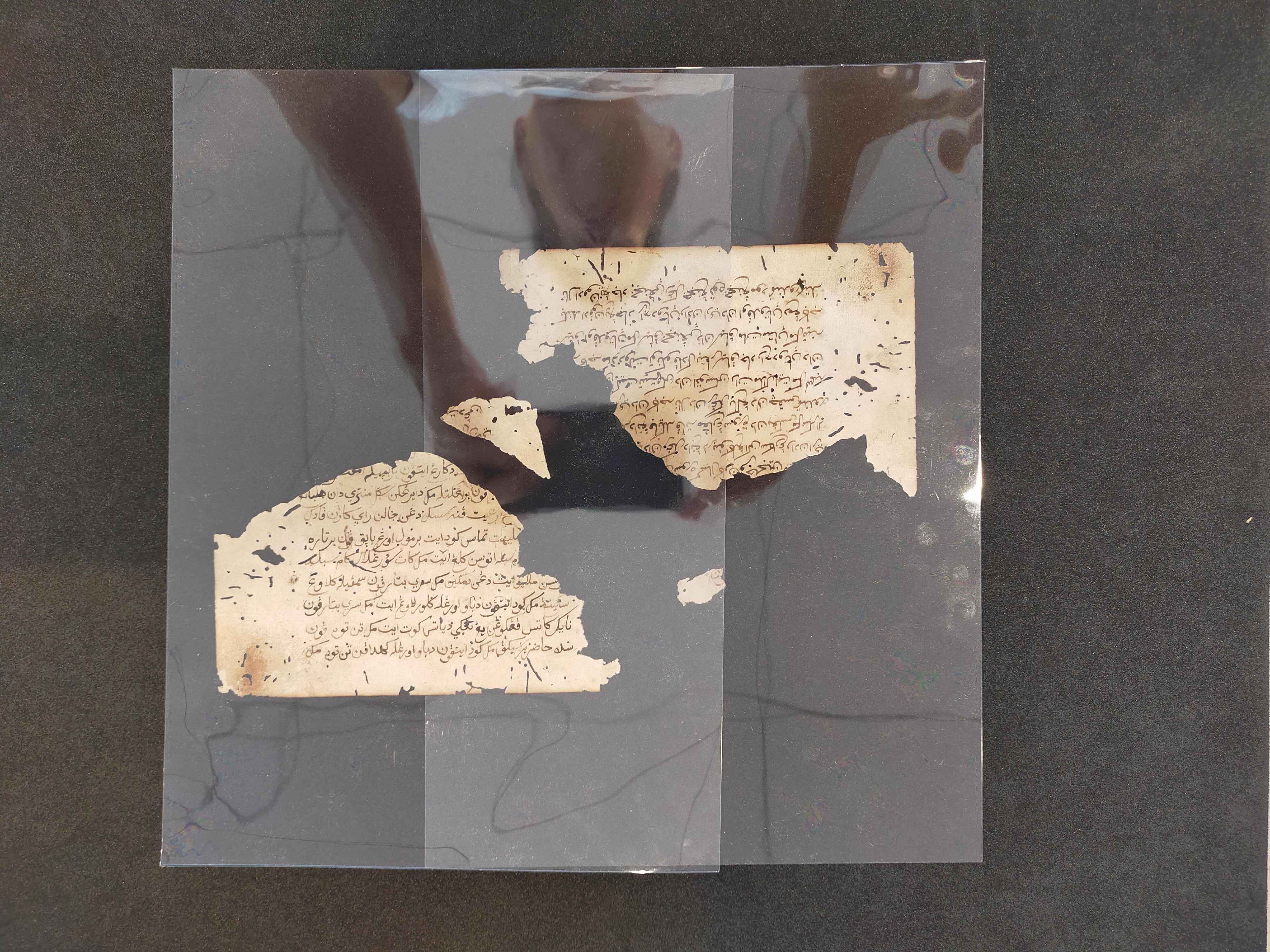
Bersih: Championing clean and fair elections in Malaysia


Originally published on Citizen’s Journal Published: July 5, 2024
Bersih is championing clean and fair elections in Malaysia through advocacy and public engagement. Learn how you can support their mission for democratic reform.

Bersih, the Coalition for Clean and Fair Elections, has been a driving force in advocating for electoral reform and democratic transparency in Malaysia since 2005.
This grassroots movement has mobilised public support and staged impactful demonstrations to promote its mission of ensuring fair elections.
Bersih’s origins date back to July 2005, when it began as the Joint Action Committee for Electoral Reform.

The coalition’s objective was to push for comprehensive reforms in Malaysia’s electoral process.
On 23 November 2006, Bersih issued its first joint communiqué, marking the beginning of its formal efforts to campaign for clean and fair elections.
One of Bersih’s most significant milestones was the public demonstration in November 2007, which saw thousands of Malaysians take to the streets.
This demonstration was a critical moment in the nation’s electoral history, highlighting the public’s demand for transparency and fairness in elections.
Bersih pioneering reforms and overcoming challenges

In a recent interview with Bersih’s Chairman, Muhammad Faisal Abdul Aziz, and Executive Director, Ooi Kok Hin, they detailed the organisation’s ongoing programmes, financial challenges, and their strategic partnership with Sokong for fundraising.
Faisal emphasised Bersih’s dual focus on institutional and social reforms.
One prominent initiative is the launch of the Malaysian Anti-Corruption Commission (MACC) report on 18 July in collaboration with Sinar Harian daily.
“We look forward to having more roundtable discussions on electoral deregulation and organising events on electoral reform, particularly in Sarawak next year,” Faisal explained.
These programmes are part of Bersih’s broader strategy to engage the public and shape opinions on necessary electoral reforms.

Public engagement remains a cornerstone of Bersih’s strategy.
This was evident in the Congress held in May, attended by nearly 500 people, including youth leaders and activists.
Kok Hin highlighted the success of this event, stating, “We are remobilising the public to demand change and reform. The response was quite encouraging as we managed to fill the hall.”
Despite these successes, Bersih faces significant financial challenges.
Faisal pointed out the difficulties in raising funds post-pandemic, noting that public hope and financial support have diminished.
“It’s not as easy as before to raise funds from the public. People don’t see any hope for the future, which affects our crowdfunding efforts,” he said.
This decline in public donations is critical for Bersih, which has historically relied on public support and foreign funding to sustain its operations.
Envisioning the future: New blood and broader support

To address these financial challenges, Bersih has partnered with Sokong, a platform designed to facilitate donations.
While this platform primarily engages a core group of supporters, Faisal and Kok Hin are exploring ways to expand its reach and attract broader public support.
Kok Hin explained, “The challenge now is grants. We are trying to adapt our mission to fit the project-based funding model, applying for grants to execute specific projects like parliamentary services and constituency development.”
Sustaining the necessary funds remains a formidable challenge, and Bersih is not alone in this struggle.
“The whole civil society ecosystem is affected. It’s a tough time for everyone,” Faisal acknowledged.

Looking ahead, Bersih aims to cultivate a new generation of activists to continue their mission.
Kok Hin emphasised the importance of engaging young activists and creating a sustainable advocacy model.
“We need new blood coming into the team. Our time is plateauing, and we need the younger generation to bear the torch for democracy,” he said.
This approach is critical for ensuring the continuity of Bersih’s work and maintaining momentum for electoral reform.
Additionally, Bersih plans to reorganise civil society groups to enhance their advocacy efforts.
“Democracy is a coalition. We need to bring different groups together, strategise, and advocate more effectively,” Kok Hin explained.

This collaborative approach is essential for creating a united front to demand government accountability and transparency.
Engagement with the current government is another critical aspect of Bersih’s strategy.
While there have been open-door policies and positive engagement, the implementation of reforms remains a significant challenge.
Faisal noted, “The issue is about the implementation of the reforms. We have seen various degrees of engagement from the government over the years, but it’s crucial to ensure these reforms are carried out effectively.”
Bersih’s dedication to electoral reform and public engagement remains unwavering. However, the organisation faces significant financial challenges that threaten its efforts.

Through platforms like Sokong and continued public involvement, Bersih hopes to secure the necessary resources to drive meaningful change in Malaysia’s democratic landscape.
“It’s very important for us to find ways to have the agenda accepted by the public at large,” Faisal aptly put it.
This mission is at the heart of Bersih’s work, and with sustained support, they aim to continue their advocacy for a fairer and more transparent electoral system in Malaysia.
For more information, please visit https://sokong.org/
Citizen’s Journal proudly joins hands with Sokong.org as the official media partner. Sokong.org is the platform connecting individuals with diverse organisations supporting various causes. Together, we foster collective action to create impactful change. Interested in supporting non-profit organisations and making a difference? Click this link for more information on how you can participate and contribute to meaningful initiatives.





